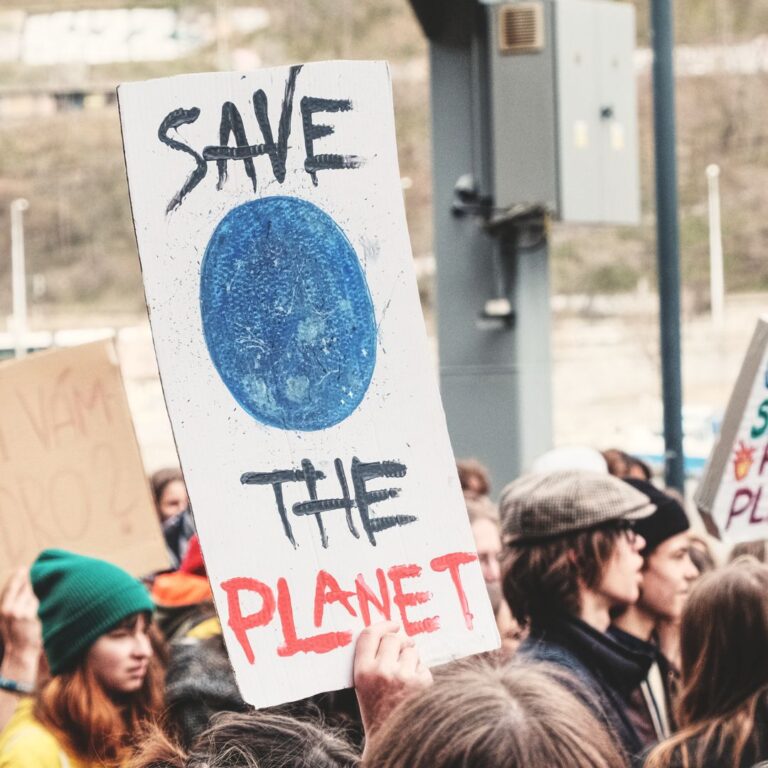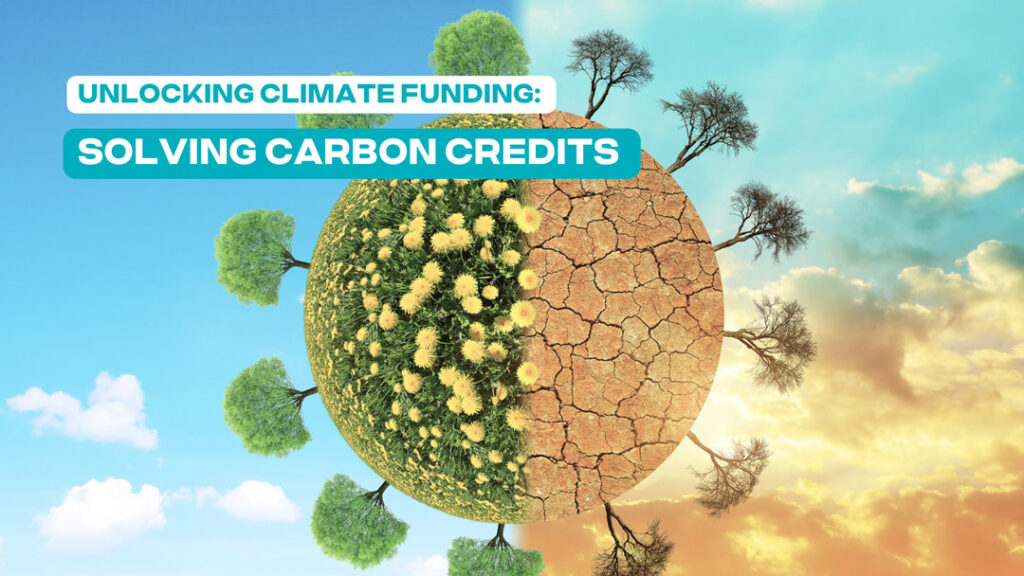This year’s COP27 made headlines on the very first day with the ‘loss and damage’ discussions appearing on the COP official agenda for the first time. As the conference comes to a close, the parties remain deeply divided over who should foot the bill to help poor countries deal with climate change.
Even though the subject is not new, the discussions of loss and damage are as polarizing as ever. Small island nations, being the most at risk from storms and rising sea levels, started discussing the idea of loss and damage and requesting wealthier nations to foot the bill more than 30 years ago.

Now, G77 , a powerful coalition of developing countries, is once again pushing the issue into the limelight with official discussions of loss and damage happening at COP27.
There is no doubt that climate change is having devastating effects on developing countries. This year, Pakistan, Sudan, Bangladesh, and East African countries have experienced historic floods and droughts that have resulted in thousands of deaths.
At first glance, the issue appears clear-cut; the biggest polluters must be held responsible for the effects of their activities. However, the situation is more complicated, since 16 out of 20 top polluters, are in G77, asking for climate reparations!
The issue is that genuine climate-change victims are on the same bargaining end as top polluters like OPEC members, Brazil, Indonesia (world leaders in deforestation), and China; all asking for reparations for the effects that they have contributed to.
Therefore, at COP27, climate change is in danger of becoming a pawn in a dispute over who pays for loss and damage.

On one end, the argument is that wealthy nations are accountable for those most harmed by climate change.
Most climate-vulnerable countries argue that wealthier industrialized nations should contribute to paying for irreparable damage resulting from climate change such as floods, storms, and rising sea levels. The key argument is that developing countries are the least contributors to emissions, whilst developed, rich countries are the biggest polluters, thus they must pay.
Those standing on this side of the argument, state that the existing funds for climate mitigation and adaptation are not enough and a separate fund is required for reparations of the effects experienced.
On the opposing side there is an argument that COP27 is evolving into a tool for anti-western racketeering.
In contrast, some argue that the loss and damage fund is becoming a mechanism for wealth redistribution between developed and developing countries. This view is based on understanding that some G77 members have built their economies solely on fossil fuel drilling, deforestation, and other activities that accelerate climate change.
As to the claim that only western countries have benefited from the climate crisis, there is no denying that, in fact, all nations have benefited from the industrial revolution and globalization in sectors such as medicine, banking, and transportation.
A key point to note, however, is that supporters of this viewpoint are in favor of funding mitigation and adaptation funds because they are directly linked to reducing emissions, which is a primary goal of climate crisis mitigation. The participating countries will also then benefit from these emissions reduction investments by creating new wealth.
Grasping for compromise
With some members already writing checks and others standing ground and offering to explore more alternatives, finding a compromise seems like an impossible task.
Even now with the negotiations going forward as the EU agreed to cooperate, albeint with links to emission reduction, the climate talks are being hindered by G77’s arguments that the EU’s proposals are simply negation delay tactics and not compromises.
An unnecessary fight
In the midst of a climate crisis that is accelerating every day, our main concern is that this debate over loss and damage will drag on forever, souring relationships between the parties long-term, and slowing progress on other potential agreements. After all, COP is all about tackling the climate crisis and joining forces to reach the Paris Agreement goal of limiting warming to 1.5 degrees Celsius.
As the can of worms is now opened, we hope an actionable compromise is found that not only deals with the crises developing countries are facing but also works towards the prevention of further degeneration of the climate on a global scale.
Because arguing over who is going to foot the bill, is not the way to go when trying to save a boat that we all are sitting in…





